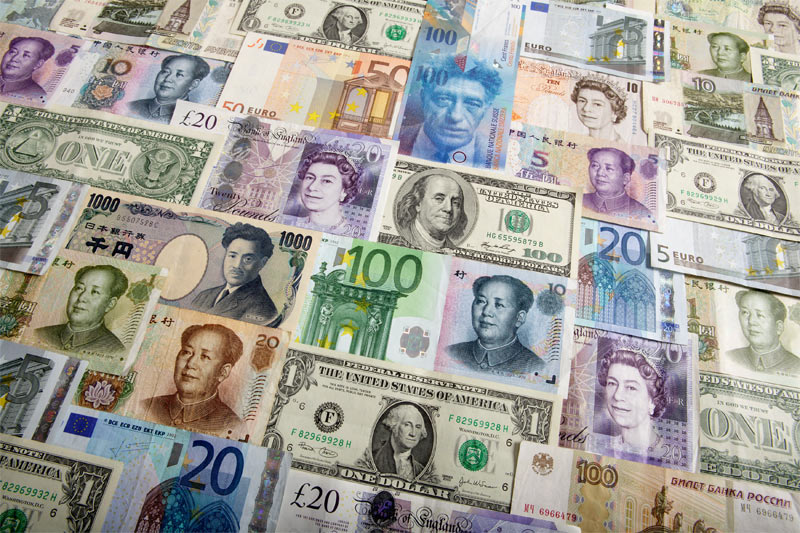Investing.com - The dollar rose to almost four-month highs against the euro on Tuesday and pulled back from lows against the yen as demand for the greenback continued to be underpinned by higher U.S. Treasury yields.
EUR/USD was down 0.38% to 1.3540, not far from the four-month trough of 1.3502 reached last Thursday.
Borrowing costs in the peripheral euro zone have fallen sharply in the wake of the European Central Bank's decision last week to implement measures to avert the threat of low inflation in the euro area, widening the yields between some euro area government bonds and U.S. Treasuries.
The yield on the U.S. 10-Year Treasury note rose to 2.64% on Tuesday, its highest in a month.
Recent economic data from the U.S. has indicated that the economy is shaking off the effects of the harsh winter, bolstering the outlook for the broader recovery. The latest U.S. jobs report on Friday showed that the economy added jobs for the fourth successive month in May, with employment returning to its pre-recession peak.
The ECB cut all its main rates to record lows on Thursday and for the first time imposed negative deposit rates on commercial lenders, in a bid to stimulate lending to businesses and stave off the threat of deflation in the region.
Elsewhere, USD/JPY was down 0.15% to 102.37, off session lows of 102.22.
The pound was lower, with GBP/USD down 0.25% to 1.6760 from 1.6801 late Monday. Sterling shrugged off data showing that manufacturing production in the U.K. rose for a third straight month in April, pushing the annual rate to a three year high.
The dollar gained ground against the Swiss franc, with USD/CHF rising 0.26% to 0.8993.
The Australian and New Zealand dollars were slightly higher, with AUD/USD easing up 0.09% to 0.9362 and NZD/USD rising 0.22% to 0.8512. USD/CAD edged up 0.10% to 1.0913.
The US Dollar Index, which tracks the performance of the greenback versus a basket of six other major currencies, was up 0.21% to a one-week high of 80.82.
